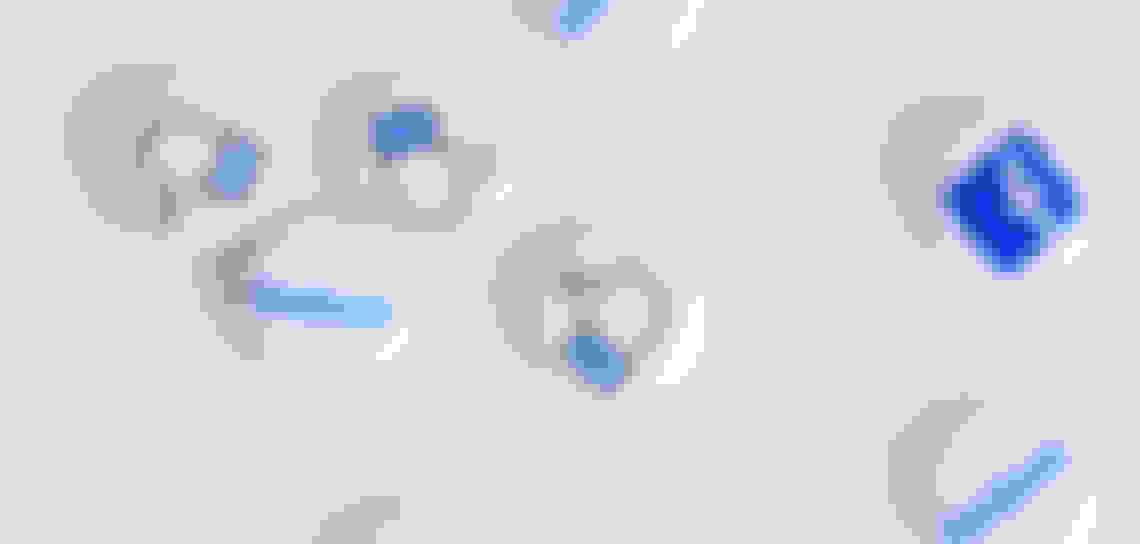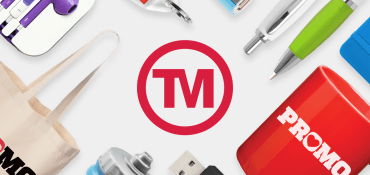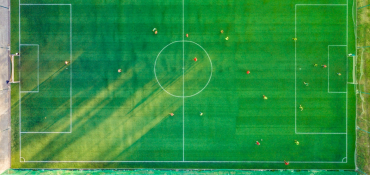To many of us, social media is an indispensable part of our lives. One of the first things we do in the morning when we wake up is look at our phones, and the same goes for one of the last things we do before we go to sleep. Psychological research has aimed to show why social media platforms are so important and why we really like getting ‘likes’. Although there are far more important things we should be concerned about, we cannot help but feel a little glee when we see an Instagram post hit the magic ‘11’ likes. It is true that increased likes = increased engagement, but we want to take a step back and look into the psychology behind why we like, share, comment, and keep coming back.
The Like
According to Facebook, ‘“like” is a way to give positive feedback or to connect with things you care about on Facebook. You can like content that your friends post to give them feedback or like a Page you want to connect with on Facebook’. Research has shown that 44% of Facebook users ‘like’ content posted by their friends at least once every day, and 29% of these people do so more than once per day. Furthermore, since launching the ‘like’ feature in 2009 (5 years after it’s launch), there have been 1.13 trillion likes on Facebook – 4.5 billion ‘likes’ every day and 3,125,000 a minute. From this, we can concur that ‘liking’ is a common habit.
Brain Reward Circuitry
A recent study has shown a significant relationship between Facebook and the brain’s reward system (nucleus accumbens, NAcc). The NAcc is activated whenever we engage in rewarding behaviour such as sex, food, money and … receiving likes. Receiving a like on Facebook activates this brain reward circuitry such that the greater the intensity of Facebook use, the greater the feeling of reward.
Being Part of a Group
It is well understood that human beings are social creatures … this is why it is social media! Humans constantly seek approval – it is uncommon to find humans who live on their own and only associate with themselves which is why we tend to form groups. Social media platforms are an extreme form of ‘group’ such that you can have an increased amount of ‘friends’ and ‘followers’ than you would in real life and you can communicate with each other even more. Being part of a group is essential to humans – it is written into our DNA as a necessity to survive. Honestly, studies have shown that loneliness can actually kill humans! So when we are receiving a ‘like’ on Facebook, it is affirming that we are part of a stable group that approve us.
As this is such a huge topic, we will be discussing further why we like to ‘like’ early next week in our next article. Keep your eyes peeled…

































